Overview

Transitioning from a career in policing brings challenges which may impact both the officer and their family members. This is why it’s important to seek out support and services to assist with making the move to civilian life.
Working in vocations such as policing is often described as a calling and with this comes a unique lifestyle for those who serve. Transitioning from police work into the next phase of life may include aspects of mental and physical health that are best addressed at the time of transition.
From the moment you walk through the academy gates life begins to change as you assimilate into the demands and expectations of serving the community and upholding the oath of office. During your career you have many decisions made on your behalf such as rosters, meal breaks, annual leave and uniform requirements. When these decisions are no longer part of your routine it can take time to adjust.
There are also expectations of maintaining a long career where job satisfaction, transfers into specialist areas and promotions develop as a natural progression. However things don’t always work out the way we plan with injuries and disappointments with management or entitlements which negatively impact career progression.
Becoming part of the police family and feeling the pride of serving the community is why it’s so difficult to consider leaving whether it’s due to an injury, ill health, family commitments or to pursue a new career. Policing has it’s own unique culture and moving away from what you know brings with it a sense of loss and sometimes grief due to a loss of identity and questions regarding who am I now and what is my purpose. These issues need to be addressed as suppressing negative experiences and thoughts may lead to further distress.
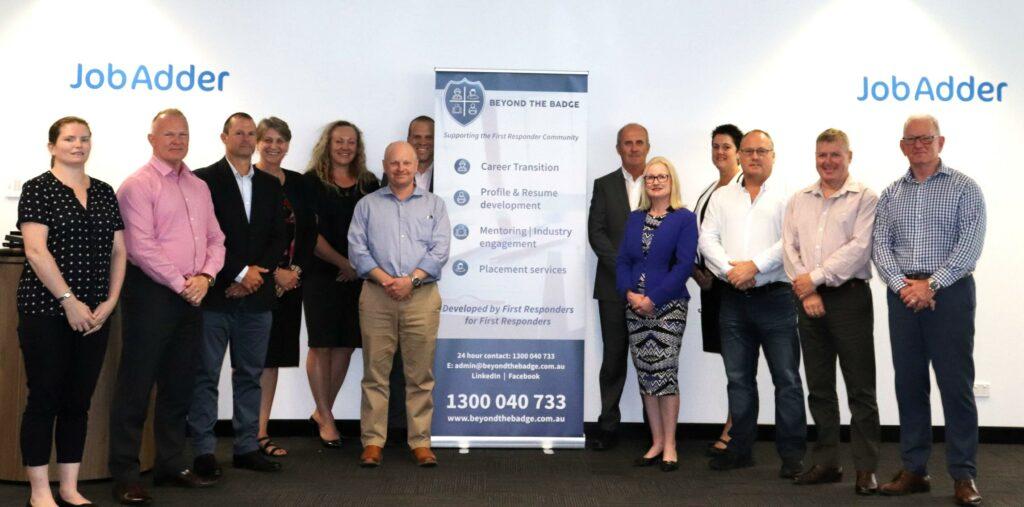
The many friendships forged throughout your career is not only based on comradery but also through lived experience, some good and some traumatic. The bond created at stations and through working relationships can be missed when transitioning out. Maintaining friendships and staying connected is vitally important to moving on with your life and embracing the new.
Taking control and responsibility for the next phase post policing will assist with feeling empowered. It is now time to take the reins!
Tips for a positive transition:
- Speak to former police who have a lived experience of transition
- Seek support from family, colleagues and friends
- Build a network of like minded people and meet regularly
- Take a break to rest and replenish before moving into a new career
- Apply to your command for your SAP record or service history
- Make arrangements to be presented with your Service Record and outstanding Medals
- Find a counsellor who understands police culture and engage in career transition counselling
- Attend a residential trauma program to deal with unresolved trauma
- Become an associate member of your Police Union
- Join your local Retired and Former Police Association
- Stay in touch with Police Legacy
- Find a former police Facebook page or group to stay engaged with others
- Attend meetings and events to stay connected tot he Police Family
- Seek career confidence and transition services and consider new and exciting roles based on transferable skills
- Write a resume and apply for new roles
- Seek out charities and offer your time
- Exercise at least 4 times a week and follow a healthy eating plan
Step-By-Step
Seek support for unresolved trauma
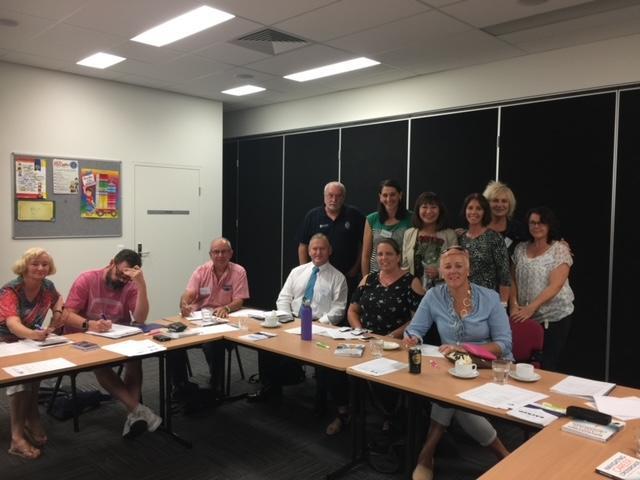
* Find a counsellor who specialises in career transition, unresolved trauma and police culture
* Attend a residential trauma recovery program to begin your healing journey
* Attend a career transition course to understand your transferrable skills
* Write a resume
* Seek assistance with job applications via recruitment agencies
* Open a linkedin account and start networking
Content for transitioning and former officers
 03 Apr 2022
03 Apr 2022
Traumatic Stress Clinic (University of NSW, The Westmead Institute)
Based in Westmead NSW, this evidence and researched based Cognitive Behavioral Therapy (CBT) program, is available for police who have experienced work based and organisational trauma. Investigating new ways of enhancing existing CBT treatments along with 11 weeks of weekly one on one counselling with a clinical psychologist to ascertain the benefits of therapy tailored specifically to emergency services workers.
 04 Jul 2024
04 Jul 2024
Trojans Trek
Trojans Trek assists police and veterans to deal with their mental health issues via a peer led wilderness experience.
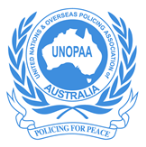 03 Apr 2022
03 Apr 2022
UNOPAA: United Nations and Overseas Policing Association of Australia
All Australian Police jurisdictions have Police Unions who provide Industrial Relations, Financial and in some state’s welfare and mental health support and services. Assistance for issues relating to workers compensation, legal matters, necessitous circumstances, and career transition may also be available through your state union. Associate membership for former officers is another way to stay connected to support and services post policing.
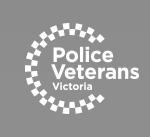 03 Apr 2022
03 Apr 2022
Veteran Support (Victoria)
Wellbeing for current and former Victorian Police Employees and their families
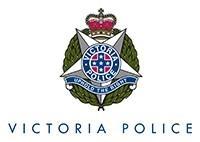 03 Apr 2022
03 Apr 2022
Victoria Police
Each individual state police jurisdictions will have mental health services for serving police which should include an Employee Assistance Program (EAP) along with other specific services. This may include EAP for transitioning police, former police up to 12 months and services for families. Career Transition services may also be included in some jurisdictions as moving into a new career after serving in the police force impacts mental health outcomes.
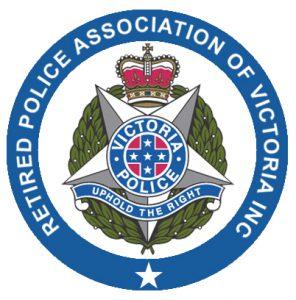 03 Apr 2022
03 Apr 2022
Victoria Retired Police Association
Staying connected to the police family by joining your local retired and former police association may be helpful in maintaining social connection and positive mental health outcomes. Each state jurisdiction has a retired and former police association where regular monthly meetings and social events assist with staying in touch with former colleagues.
 03 Apr 2022
03 Apr 2022
WAPU: Western Australian Police Union
All Australian Police jurisdictions have Police Unions who provide Industrial Relations, Financial and in some state’s welfare and mental health support and services. Assistance for issues relating to workers compensation, legal matters, necessitous circumstances, and career transition may also be available through your state union. Associate membership for former officers is another way to stay connected to support and services post policing.
Western Australia Police Force - EAP Provider – Converge International
Each individual state police jurisdictions will have mental health services for serving police which should include an Employee Assistance Program (EAP) along with other specific services. This may include EAP for transitioning police, former police up to 12 months and services for families. Career Transition services may also be included in some jurisdictions as moving into a new career after serving in the police force impacts mental health outcomes.

 Exit
Exit

